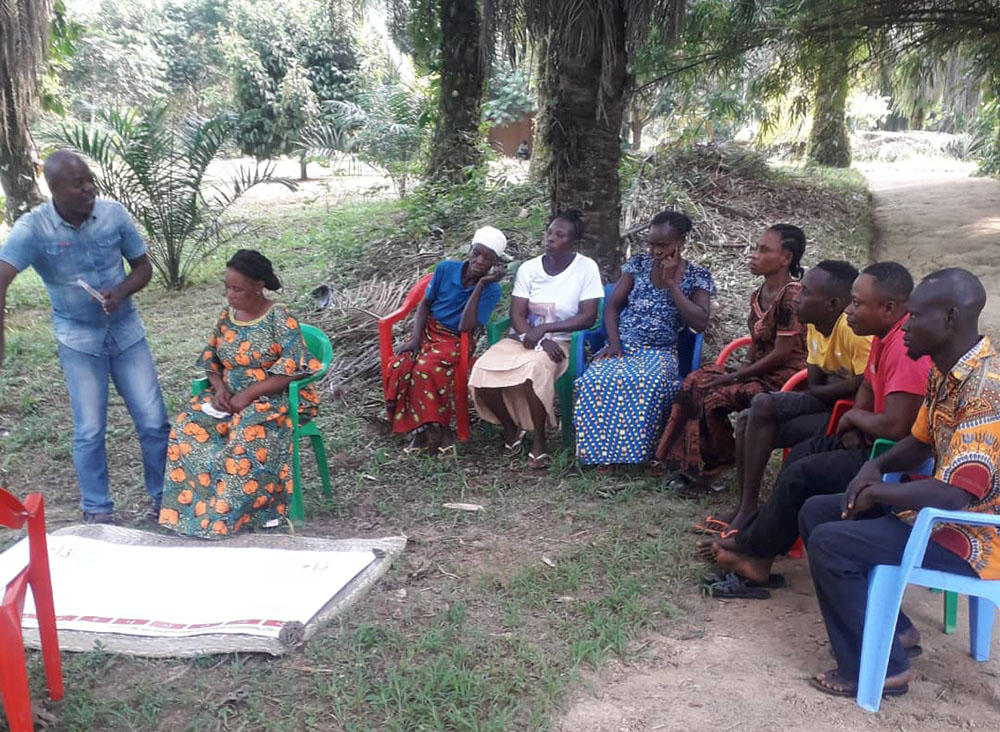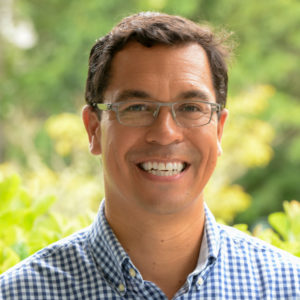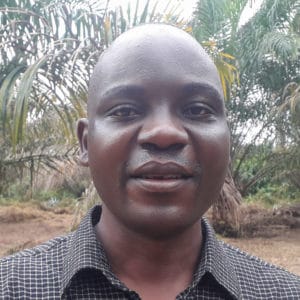Forests are vital ecosystems that provide valuable ecosystem services and are crucial for achieving the Sustainable Development Goals. Global tropical primary forest loss and degradation in less developed countries has negative consequences for the livelihoods and food security of forest-dependent communities.
Protecting primary forests is essential for addressing the global climate change and biodiversity crises. Good governance is essential for effective and sustainable forest management and has seen an increase in focus on community-based forest governance. REDD+ (reducing emissions from deforestation and forest degradation) is a climate mitigation mechanism that pays developing countries for reducing carbon emissions through reducing deforestation and forest degradation, conserving forests and managing forests sustainably.
A well-designed REDD+ mechanism, with good governance and effective institutional frameworks, can support sustainable development. However, most REDD+ countries have low to moderate administrative capacity and governance structures. The DRC has approximately 152 million hectares of dense tropical forest, with the majority considered primary forest. These forests are home to considerable biodiversity and provide valuable ecosystem services, including water regulation services for the Congo river. The forests also provide valuable non-timber forest products for the local population and have the potential to be the basis of a green economy.
From a global perspective, the forests remove 337 MtCO₂e/year between 2001 and 2020. Although the DRC has a relatively low deforestation rate, the total area of deforestation is large, losing 15.9 Mha of tree cover between 2001 and 2020. This deforestation is largely due to subsistence agriculture, but improving agricultural productivity and food security has the potential to reduce it. However, there is a risk that development will bring with it increased risk of deforestation.
Article authors
Ed Morgan
Glenn Bush
Joseph Zambo
Additional authors
Tek Mareseni
Reference
Morgan, E. A., Bush, G., Mandea, J. Z., & Maraseni, T. (2023). Community evaluation of forest and REDD+ governance quality in the Democratic Republic of the Congo. Journal of Environmental Management, 328, 116891. https://doi.org/10.1016/j.jenvman.2022.116891
Request a copy of the article
If the download article link below doesn’t work, or leads to a page that requests payment, please click the link to the author profile above and request a copy directly and they will be happy to assist. Not all reviewed journal articles are published as ‘open access’, which are free to download.




